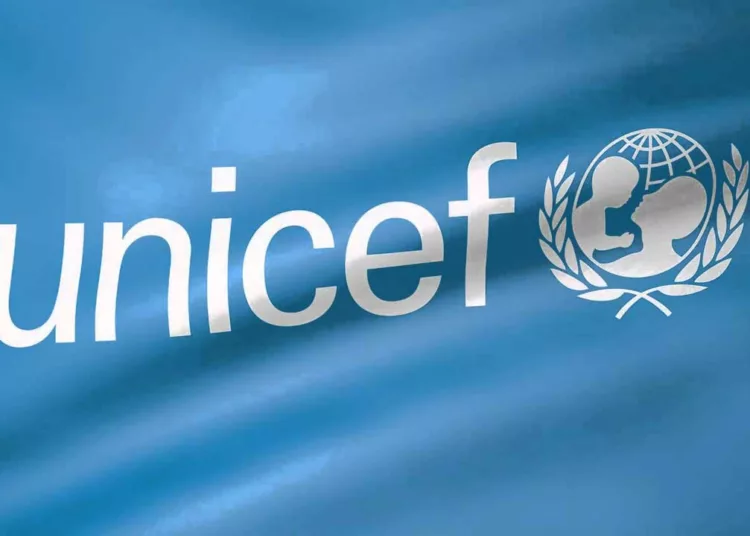Despite progress in policy formulation and budget allocation, malnutrition, school dropouts, and child abuse continue to plague children in Lagos state, prompting urgent calls from stakeholders for more targeted and impactful public spending on children’s rights.
Stakeholders, at a dialogue session organized by the United Nations Children’s Fund (UNICEF), in Lagos on Monday, emphasized the importance of treating child-centered budgeting not as an expense, but as an investment in the state’s future.
UNICEF’s social policy specialist, Muhammad Okorie, argued that strategic budgeting focused on early childhood development yields the highest return on investment. “Government spending on children must be deliberate and results-oriented. The first 1,000 days of a child’s life are critical, and failure to invest adequately during this window creates long-term developmental setbacks,” Okorie said.
He stressed that although Nigeria has ratified the Convention on the Rights of the Child and embedded child-focused goals within its Sustainable Development Goals (SDG) commitments, implementation remains inconsistent. “Some states have made commendable policy progress, but the gap between allocation and actual spending outcomes is still wide. Every Naira spent must be tracked and must reach the child,” he said.
Highlighting the need for transparency and accountability, Okorie urged civil society organizations, the media, and citizens to intensify efforts in monitoring how funds are allocated and spent in relation to children’s needs.
Lagos state officials showcased ongoing efforts to improve child welfare spending. Director of budget at the Ministry of Economic Planning and Budget, Orojimi Olufemi, detailed the state’s use of a dedicated coding system, called Code 916, to track expenditures linked to children across various sectors, such as education, healthcare, and social protection.
“Our budget tagging initiative helps identify child-related projects and ensures funds are channeled appropriately. We are also partnering with UNICEF to integrate child-responsive budgeting into our planning systems,” Olufemi said.
However, chief of UNICEF field office for Southwest Nigeria, Celine Lafoucriere, warned that budget tagging alone is not enough to resolve entrenched issues like child malnutrition, increasing dropout rates, and widespread child abuse.
“While Lagos is taking promising steps, real spending remains grossly insufficient and in many cases, inefficient. Without disaggregated, child-focused data and proper tracking, the most vulnerable children are still being left behind,” Lafoucriere stated.
She emphasized the urgent need for data-driven planning, stronger inter-agency collaboration, and a clearer focus on outcome-based budgeting to ensure that children in marginalized communities benefit from public investments.
As Nigeria marked the Day of the African Child, stakeholders at the session agreed that the commemoration must go beyond symbolism. They called for a sustained, cross-sectoral commitment to addressing the systemic barriers that hinder children’s access to nutrition, safety, healthcare, and education.
“The rights of the child must be visible in the budget, reflected in the policies, and evident in the lives of children. Until then, malnutrition, school dropouts, and child abuse will remain the tragic cost of inaction,” Lafoucriere averred.





